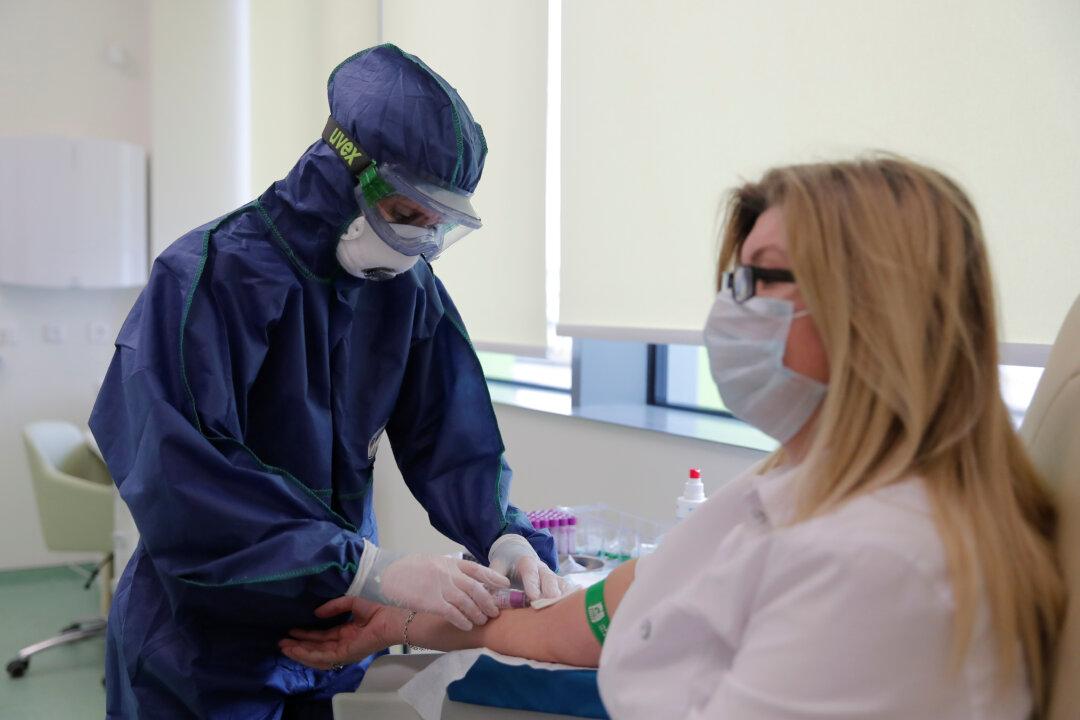There is no evidence that patients who once had COVID-19 are immune from being infected again by the virus that causes the disease, the World Health Organization (WHO) said.
Warning against so-called immunity passports or certificates attesting to supposed immunity to the CCP (Chinese Communist Party) virus, the WHO said people who were once infected by the illness and have antibodies against it aren’t necessarily protected from a second infection.





